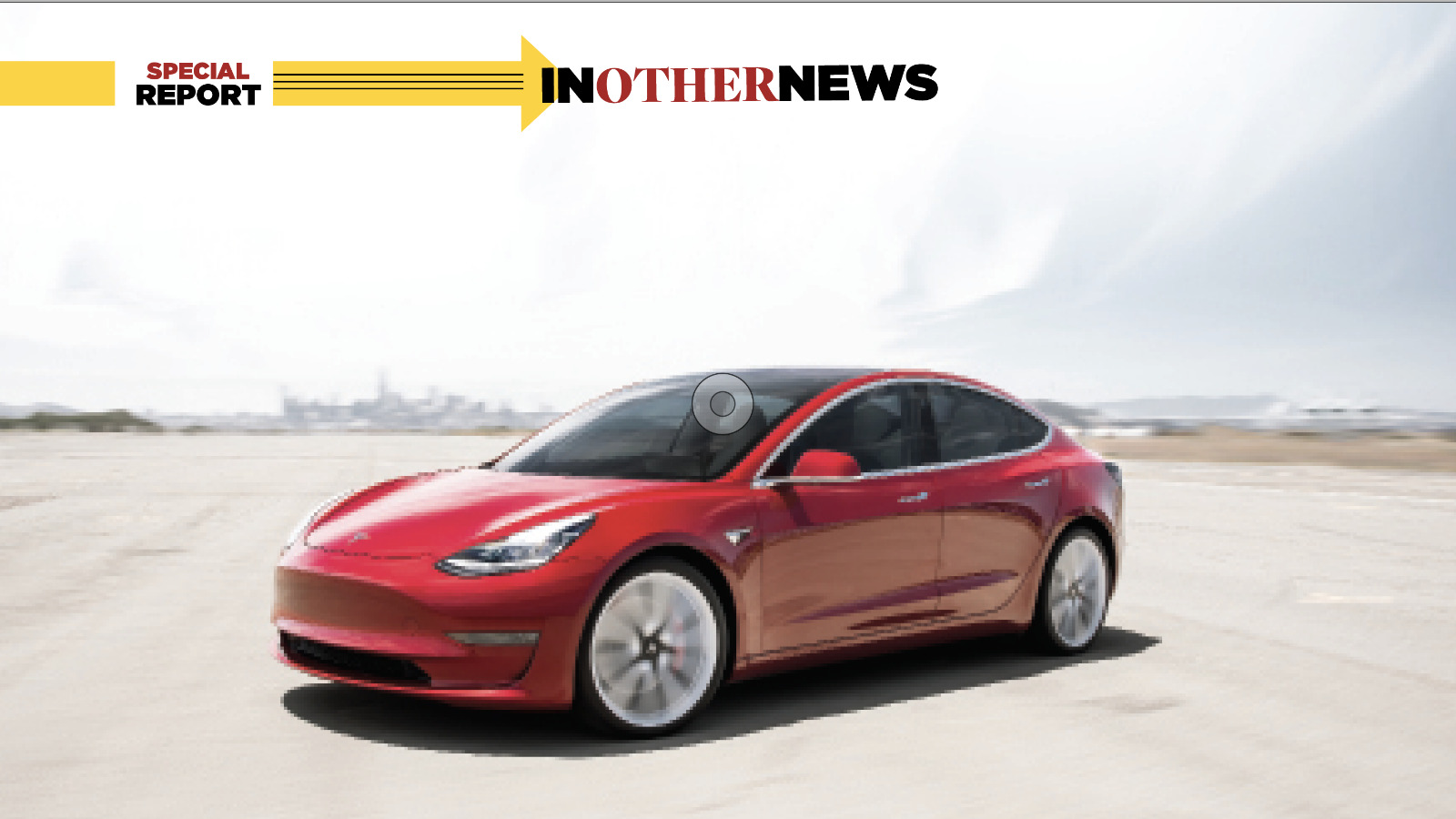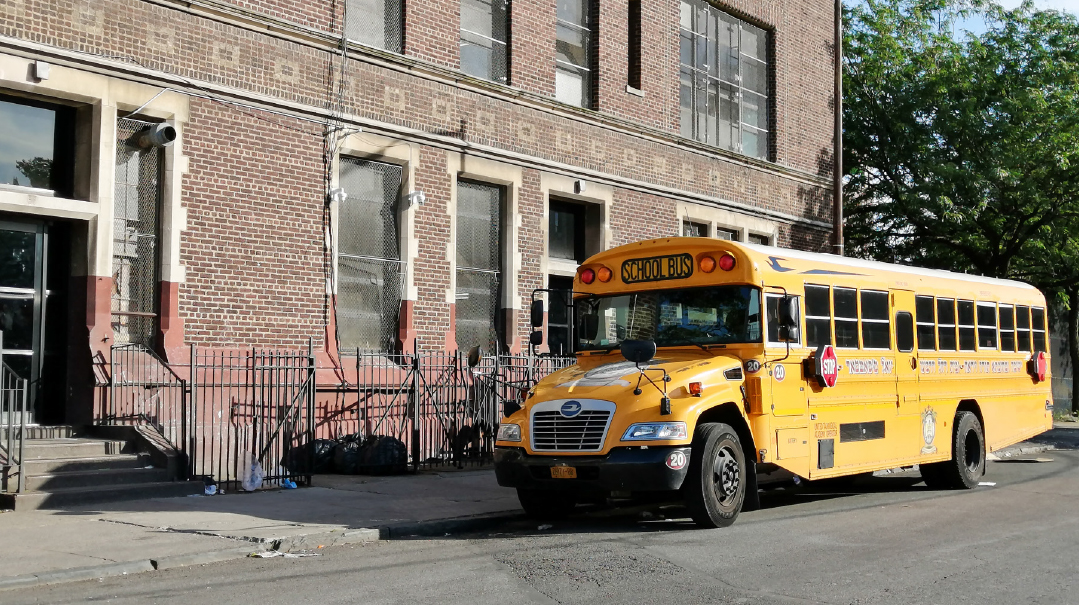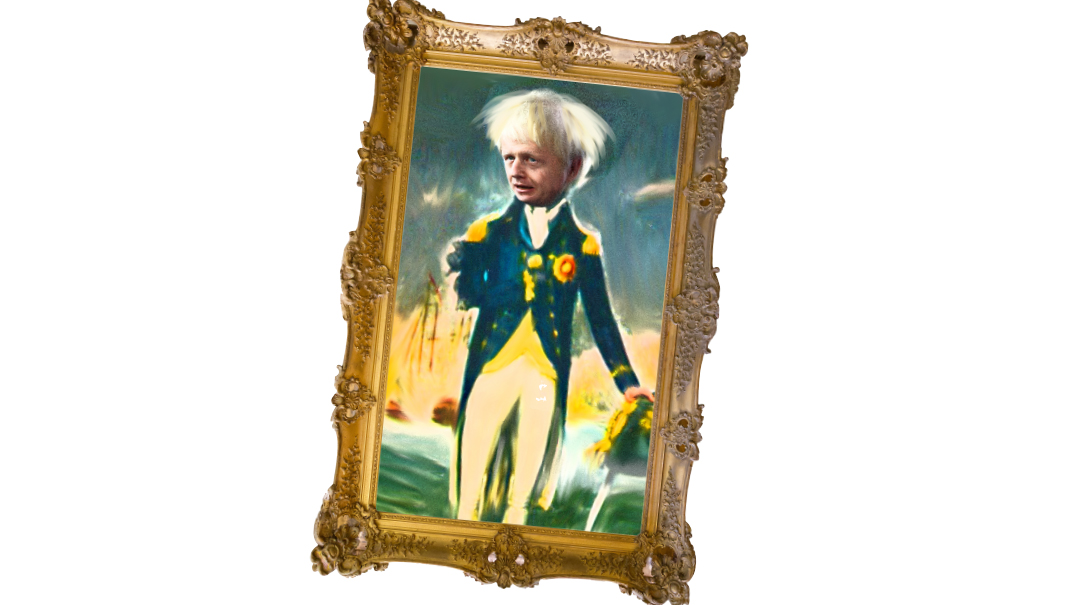Will China dominate the high-tech future?

Tesla’s astonishing few months are a reminder not to speak too soon

If American policymakers have a nightmare, it’s this: While the United States was asleep at the wheel, “Made in China” made giant strides producing cars and ships, and transformed into a worthy rival to own the future of technology by taking the lead in Artificial Intelligence, self-driving vehicles, and renewable energy.
The rise of Chinese tech heavyweights, such as Alibaba and Huawei, has invalidated many a liberal tome such as 2007’s The Writing on the Wall by journalist Will Hutton. Now gathering dust in my store-room, the learned work explains why innovation will prove beyond China if it remains authoritarian.
Just how accurate that proved is testified by the World Intellectual Property Organization, which said that 58,990 applications for patents were filed from China last year, ahead of the United States with 57,840. For the first time since the patent system was set up in 1978, America has lost its lead.
The fear that the US is losing its edge to the communist giant is now bi-partisan. The Biden campaign’s “Innovate in America” strategy launched even as the Trump administration banned TikTok, a popular Chinese social media company. The media is full of talk of America’s “Sputnik Moment” — a realization that America is about to lose the innovation arms-race.
But for anyone inclined to eulogize American innovation, Elon Musk and Tesla’s astonishing few months are a reminder not to speak too soon.
As the world was distracted by COVID-19, the South African-born, Silicon Valley-based billionaire continued to revolutionize everything from cars to space rockets. In March, when the pandemic struck the US, Tesla — the electric car-cum-tech company that he heads — sold its millionth car, making the company dominant in the Electric Vehicle market. On July 1st, Tesla reached a market capitalization of $206 billion, passing Toyota to become the world’s most valuable automaker.
Whether Tesla’s soaring valuations are grounded in reality is a hotly-debated topic, but Musk’s moonshot bids have continued as he shakes up the space industry. On May 31st, his SpaceX company made America a space-faring power again for the first time since 2011, by sending two astronauts to the International Space Station.
Musk’s stated aims for SpaceX — bringing down space travel costs enough to facilitate colonization of Mars — are megalomaniac, but they contain a kernel of hope for the future of American innovation.
Having moved to the US as a teen because he saw it as “the best country to achieve something,” Elon Musk’s career is in a long American tradition. In his buccaneering, aggressive style of business, seeking to disrupt old industries and dominate new ones, there is something reminiscent of the so-called “robber barons” — magnates such as Andrew Carnegie and JP Morgan who built America’s industrial might.
Musk’s appetite for risk — leveraging an early stake in Paypal to create both Tesla and SpaceX — and his combination of engineering nous and business flair are also part of America’s entrepreneurial heritage. Those factors created global titans such as General Electric in the 20th century, and Google in the 21st.
The China fever now gripping Washington won’t disappear quickly, as politicians have finally grasped the challenge coming from a rich, ambitious Beijing.
But as Elon Musk plans his next inter-galactic conquests, and dreams of a driverless car future, America’s innovation future might be on firmer ground than politicians fear.
Perhaps, after all, it’s China that is having a Sputnik moment?
(Originally featured in Mishpacha, Issue 823)
Oops! We could not locate your form.












